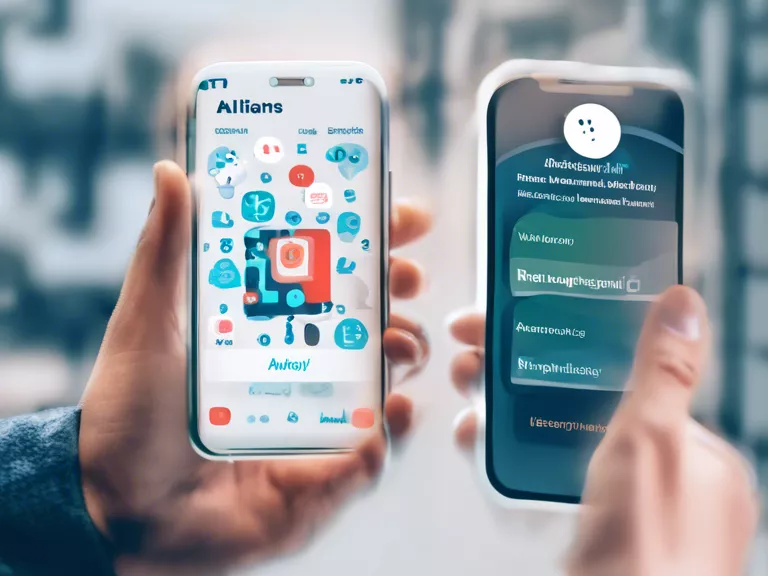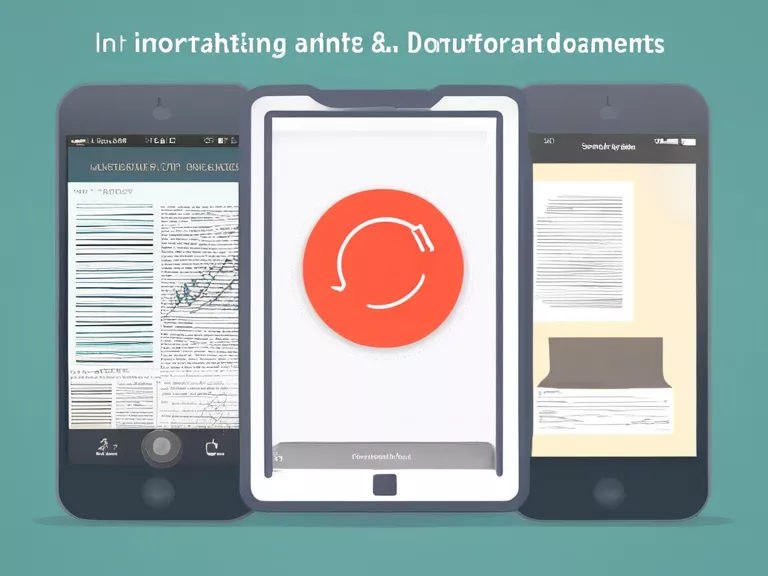
In today's digital age, language learning apps have revolutionized the way we acquire new languages. Thanks to the integration of artificial intelligence (AI) technology, these apps are now able to personalize learning experiences and accelerate fluency like never before. AI algorithms analyze user data and interactions to tailor lessons to individual needs, making the learning process more efficient and effective.
One way AI enhances language learning apps is through its ability to provide immediate feedback. Apps can now incorporate speech recognition technology to assess pronunciation in real-time. This instant feedback allows users to correct their mistakes and improve their speaking skills quickly. AI can also track progress and adapt lesson plans to focus on areas where the learner needs the most help.
Another way AI is used in language learning apps is through chatbots and virtual tutors. These interactive tools can engage users in conversations, providing a more immersive learning experience. Chatbots can simulate real-life interactions and help users practice their conversational skills in a safe environment. Virtual tutors, powered by AI, can answer questions, give explanations, and provide guidance to users as they navigate the learning process.
Moreover, AI algorithms can analyze patterns in language data to optimize vocabulary and grammar exercises. By identifying common mistakes made by users, these apps can create targeted drills to address specific areas of weakness. AI can also generate language exercises based on authentic content, such as news articles or social media posts, to make learning more engaging and relevant.
Overall, the integration of AI in language learning apps is revolutionizing the way we learn new languages. With personalized lessons, immediate feedback, interactive tools, and optimized exercises, AI is helping users accelerate their fluency and achieve their language learning goals faster than ever before.



